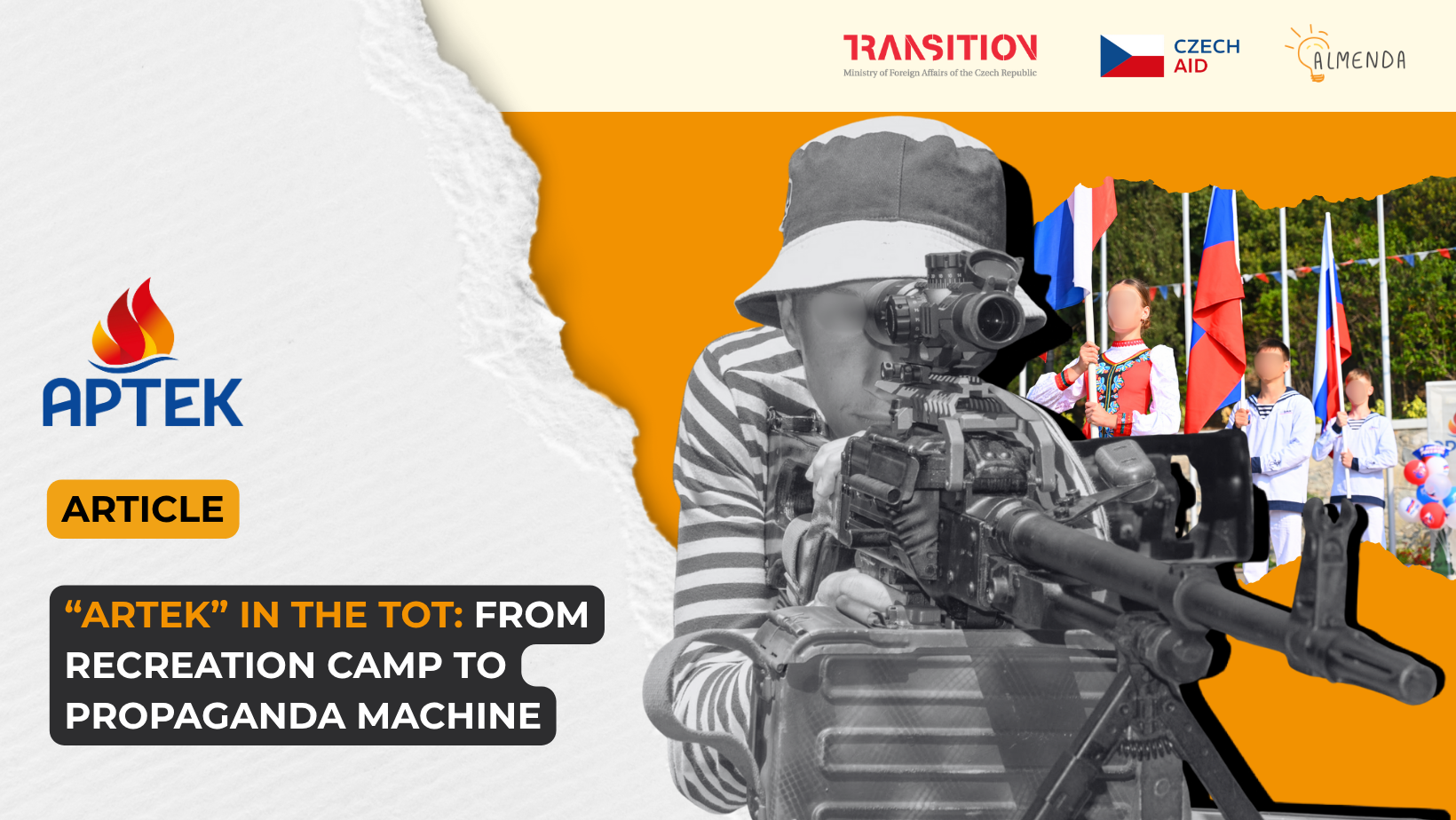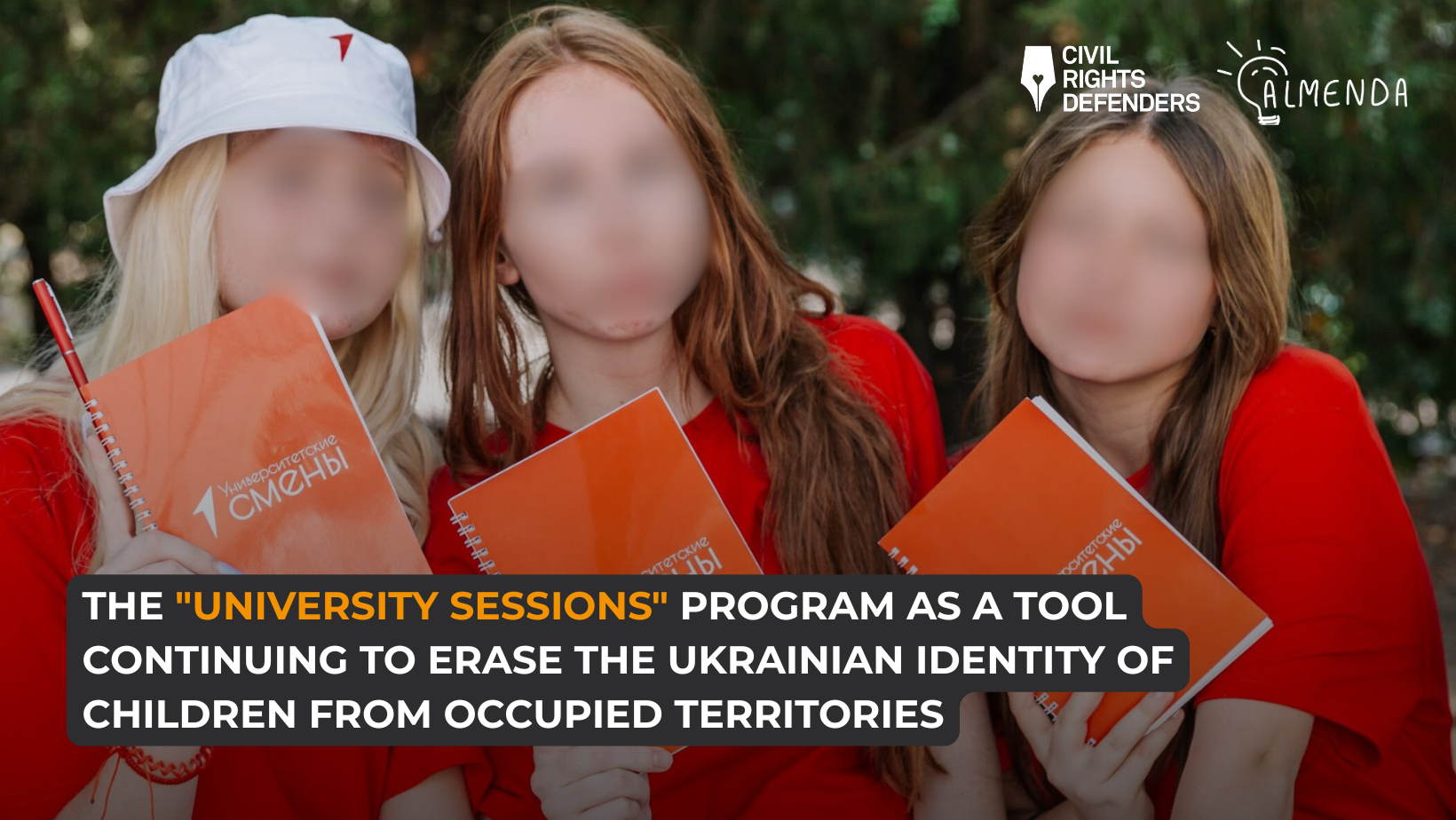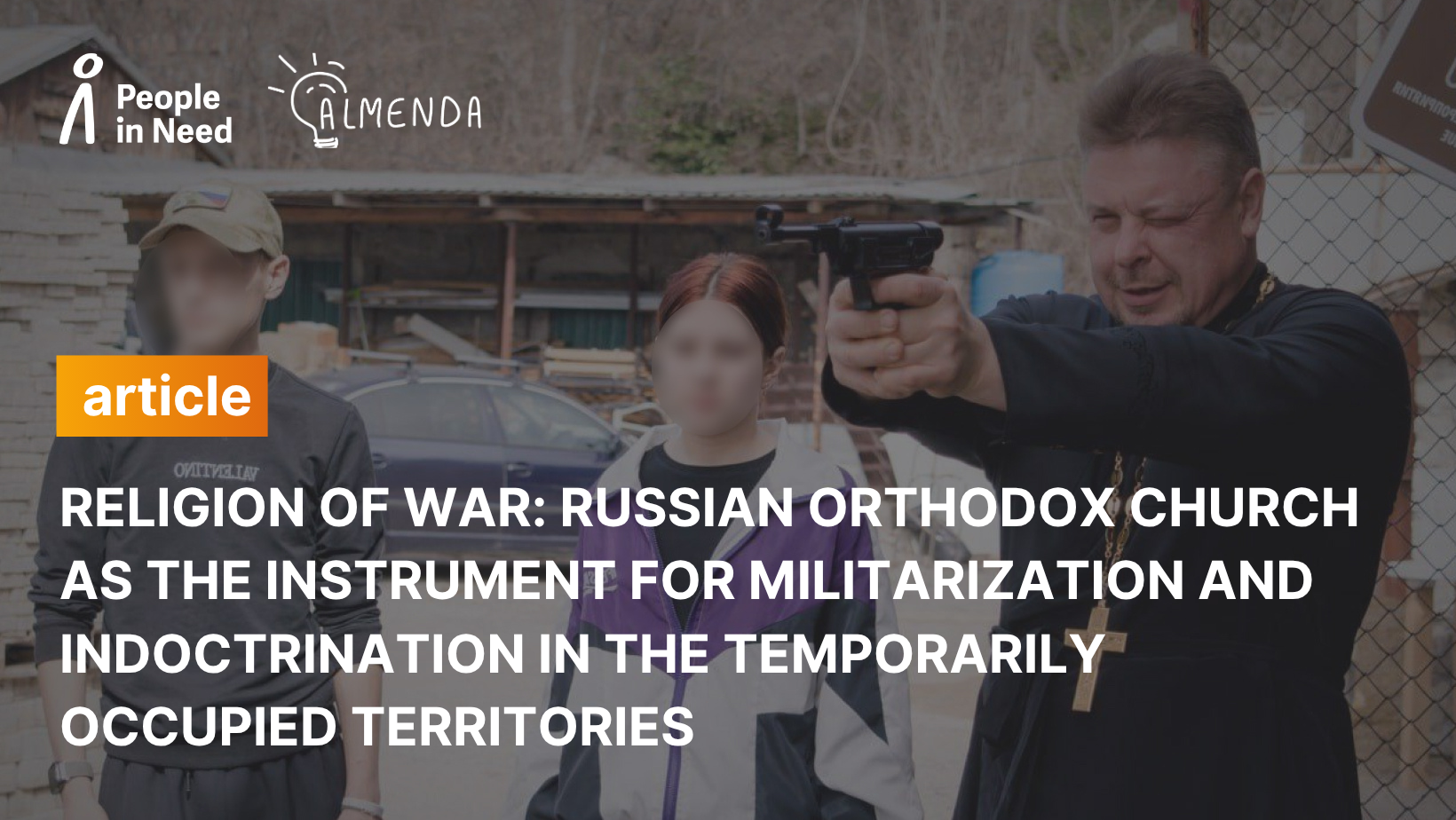

How children live and study in the occupation: the story of a teacher
“It becomes unbearable to sit for six months in fear, surrounded by four walls. I missed the past, my classmates, the noise in the corridors, the shouts of teachers and the pranks of others. Before, it seemed to me that life was already tough, but now I understand why. All these events are heaven compared to today. I try not to give up, and there are not many options either, but there is still hope in my heart that motivates me to move on.”
A child who is in occupation
According to reports from the occupation authorities, 40,000 students will go to school this year in the temporarily occupied territories of the Zaporizhzhia region, of which 3,300 are first-graders. Andrii Kozenko, the so-called deputy of the TOT of Zaporizhzhia region’s occupation government, said there were 123 schools in the occupied districts.
According to Russian policy, children in all occupied territories must study according to Russian standards. For refusing to study, there are known cases of threats to parents from the application of fines to the deprivation of parental rights and the removal of the child.
We talked to a history teacher from an occupied town in the Zaporizhzhia region. She left the occupation in April 2022 and now teaches remotely to school students, including those in the occupied city.
We learned how parents hide their children’s education in a Ukrainian distance school, how children experience studying in two schools and the constant threat of exposure, what is the emotional state of children in the occupation, and how much the state supports educators who continue to teach and support children in the occupation despite everything communication.
Read the interview on the link at the Ukrainian media “Dzerkalo Tyzhnya” (in Ukrainian).
The interview was prepared by the Centre of civil education “Almenda” as a part of the project “Steps towards the meeting: bringing youth from temporarily occupied territories closer to reintegration”. The project is implemented with the financial support of the Ministry of Foreign Affairs of the Czech Republic as a part of the Transition Promotion Program. The views represented in this material belong to the authors and do not reflect the official position of the Ministry of Foreign Affairs of the Czech Republic.



